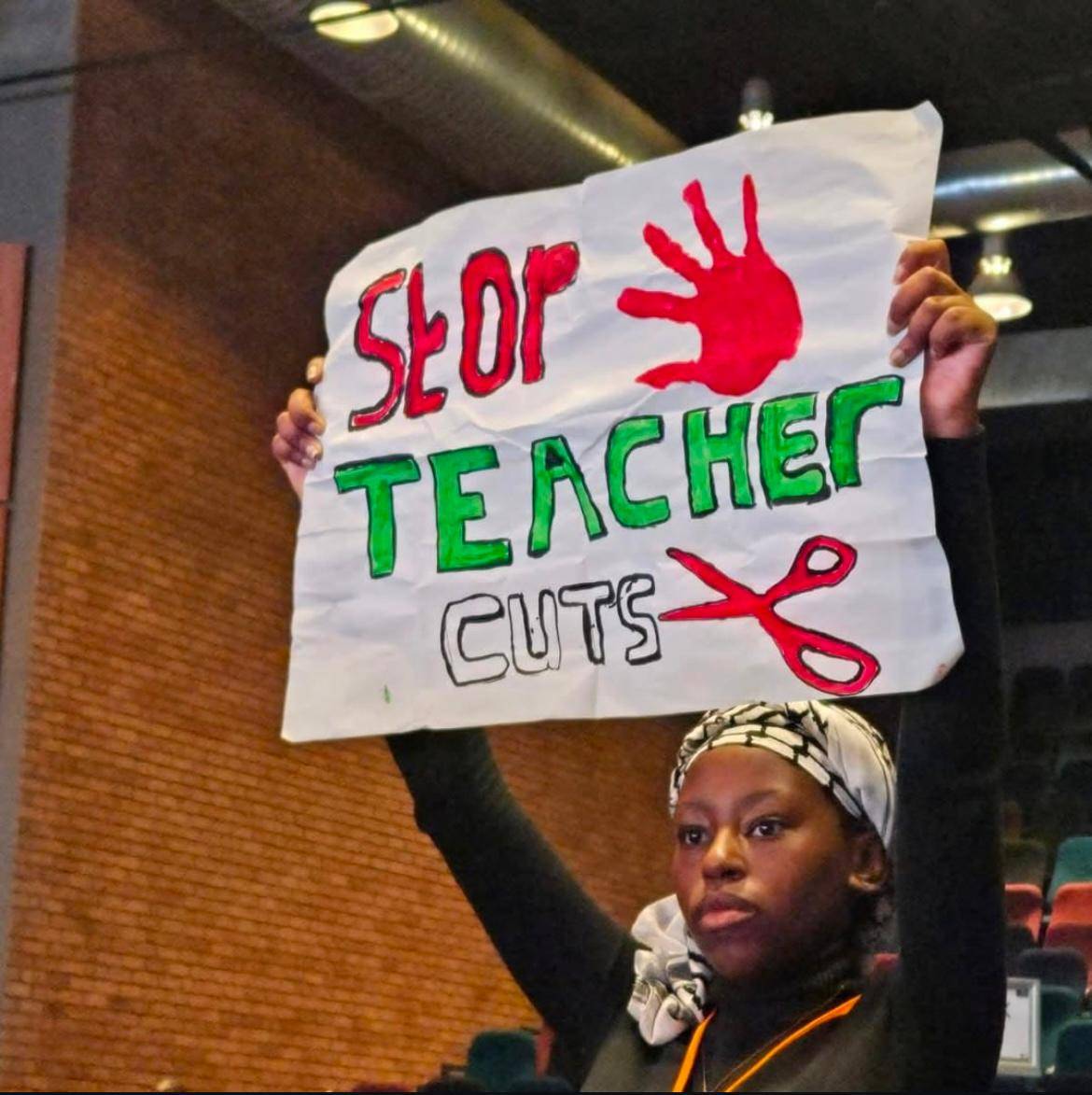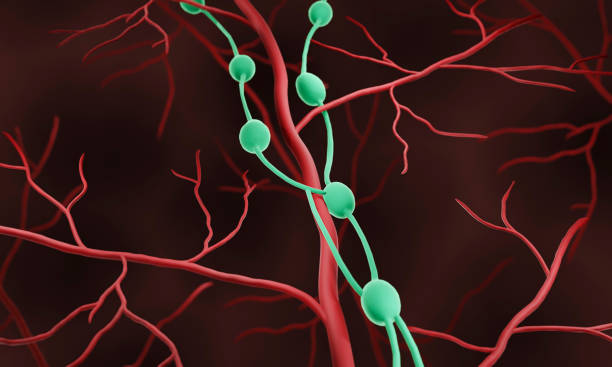Equal Education members engaging in a peaceful demonstration during basic education minister Siviwe Gwarube’s announcement of the matric results in Randburg on Monday. Picture: Equal Education
Advocacy movement Equal Education (EE) has criticised the department of basic education’s failure to address the high dropout rate after it was revealed that 1 222 851 learners started grade 1 in 2013 but only 724 156 enrolled as full-time candidates in grade 12 for 2024.
“Cracks in the education system disrupt learning, affect performance and push learners to disengage, putting them at a high risk of dropping out before matric. The department of basic education must protect the potential of all learners throughout their schooling journey,” Equal Education said in a statement.
But Basic Education Minister Siviwe Gwarube has cautioned that the number of learners that did not make it to matric does not indicate a high dropout rate for various reasons, including learners migrating to technical vocational education and training colleges or private schools and grade failure.
“We cannot therefore classify all of those who did not enrol for grade 12 in 2024 as having dropped out. This would be a misrepresentation,” Gwarube said during a press briefing on Monday, when she announced the results.
Commenting on Gwarube’s statement, the Zero Dropout Campaign said the department should focus on “early warning signs” to reduce the dropout rate.
“Practices such as ‘gatekeeping’, where learners are repeatedly kept behind because the schools don’t have the resources to catch them and don’t want to jeopardise their pass rates by progressing those learners, can be demoralising and prematurely push learners out of the school system,” the campaign’s Siyabulela Sandi said in a statement.
Gwarube announced on Monday that the class of 2024 achieved the highest grade 12 pass rate in the country’s history, at 87.3%, an improvement from 82.9% in 2023.
The number of full-time candidates writing the national senior certificate exams increased from 691 160 in 2023 to 705 291 in 2024.
More than 615 000 learners passed the exams, with 47.8% qualifying for admission to bachelor’s studies — an increase from 40.9% last year.
KwaZulu-Natal led with 84,470 bachelor passes, followed by Gauteng with 66,979 and the Eastern Cape with 45,662.
Provincial performance showed improvement across the board, with the Free State achieving the highest pass rate at 91%, followed by KwaZulu-Natal (89.5%) and Gauteng (88.4%). At district-level, Johannesburg West led at 97%.
But Equal Education, which held a peaceful demonstration during the minister’s briefing, said they were “intimidated and interrogated” for their placards highlighting the “urgent issues of education injustice”.
One of the placards read “Stop teacher cuts”. This follows the Western Cape education department announcing last year that it would lose 2,400 teaching posts in 2025.
Meanwhile, the Independent Examinations Board (IEB) achieved an overall pass rate of 98.47% in the 2024 examinations, the highest pass rate recorded in the past five years.
According to the board, all candidates who completed the exams obtained a pass that qualifies them for tertiary study.
Of the cohort 89.37% achieved entry to degree study, compared with 88.59% in 2023 and 7.56% qualified for entry to diploma study, compared with 8.31% in 2023.
And 1.53% of its candidates achieved entry for study at the higher certificate level, compared with 1.57% in 2023.



















Discussion about this post